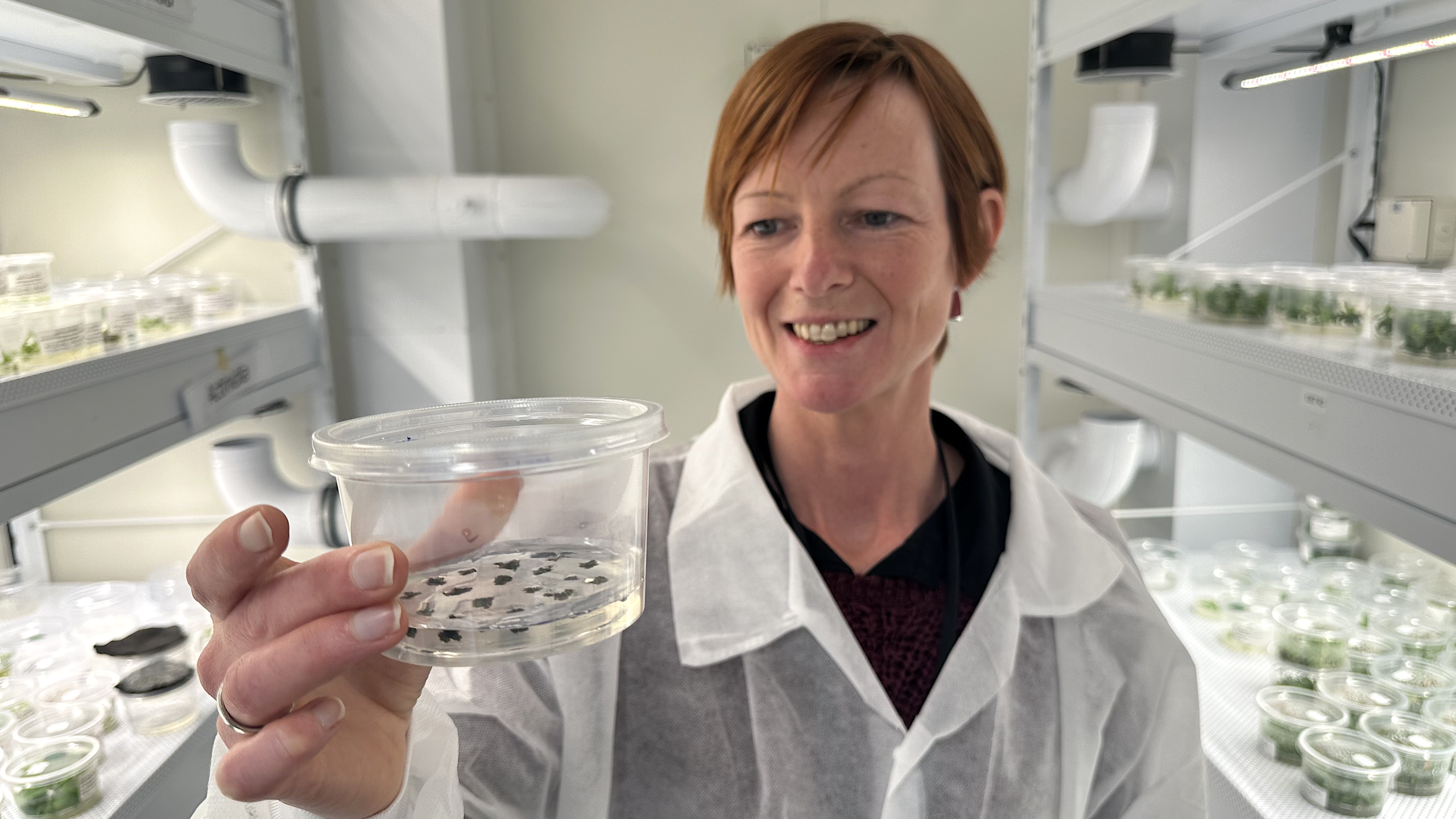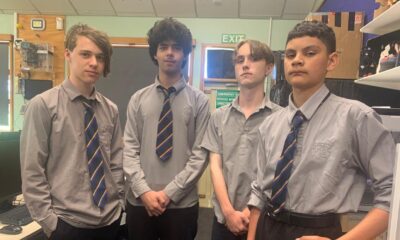Science
New Proposal Aims to Grant Legal Personhood to Indigenous Moss

Government scientists in New Zealand are collaborating with Māori iwi to explore the commercial potential of a unique indigenous moss known as liverwort. This initiative aims to recognize the plant’s medicinal properties while seeking to establish ownership and control over its intellectual property rights. The proposal, described as groundbreaking, could lead to the liverwort being granted a form of legal personhood similar to that awarded to the Whanganui River and Taranaki Maunga.
The project underscores the significance of Māori traditional knowledge in the realm of modern science and commercial enterprise. By aligning indigenous practices with scientific research, the initiative not only seeks to protect the liverwort but also to empower Māori communities in managing their natural resources. This approach reflects a growing trend of integrating indigenous rights into contemporary legal frameworks.
Combining Science and Indigenous Knowledge
The collaboration between government scientists and Māori iwi aims to unlock the potential of liverwort as a source of medicinal products. Preliminary studies suggest that this slow-growing moss possesses unique properties that could benefit various health applications. The research team, supported by funding from the government, is focused on establishing the scientific basis for the plant’s uses while ensuring that Māori communities maintain control over its traditional knowledge and applications.
The proposal to grant legal personhood to the liverwort is part of a broader movement in New Zealand to recognize the rights of natural entities. This shift follows the landmark decisions that granted legal status to the Whanganui River in 2017 and Taranaki Maunga in 2018. Such legal recognition allows these entities to be represented in court and ensures that their interests are protected. Advocates believe that extending similar rights to the liverwort could enhance conservation efforts and promote sustainable use of the plant.
Implications for Indigenous Rights and Medicinal Research
If successful, this initiative could set a significant precedent for the intersection of indigenous rights and scientific research. The recognition of the liverwort’s legal personhood might encourage other indigenous communities worldwide to seek similar arrangements for their traditional knowledge and natural resources. It highlights the potential for a symbiotic relationship between modern science and indigenous wisdom, fostering an environment where both can thrive.
The implications of this proposal extend beyond the liverwort itself. By emphasizing the importance of Māori traditional knowledge, the project seeks to elevate the role of indigenous communities in the global discourse surrounding biodiversity and conservation. As governments and organizations increasingly recognize the value of traditional ecological knowledge, initiatives like this may pave the way for more inclusive approaches to environmental management.
In conclusion, the collaboration between New Zealand’s government scientists and Māori iwi represents a significant step toward integrating indigenous knowledge into scientific exploration. The proposal to grant legal personhood to the liverwort not only aims to protect the plant’s medicinal properties but also seeks to empower Māori communities in managing their heritage. As this initiative unfolds, it may well inspire similar movements around the globe, promoting a more equitable relationship between indigenous peoples and the scientific community.
-

 World1 week ago
World1 week agoPrivate Funeral Held for Dean Field and His Three Children
-

 Top Stories2 weeks ago
Top Stories2 weeks agoFuneral Planned for Field Siblings After Tragic House Fire
-

 Sports3 months ago
Sports3 months agoNetball New Zealand Stands Down Dame Noeline Taurua for Series
-

 Entertainment3 months ago
Entertainment3 months agoTributes Pour In for Lachlan Rofe, Reality Star, Dead at 47
-

 Entertainment2 months ago
Entertainment2 months agoNew ‘Maverick’ Chaser Joins Beat the Chasers Season Finale
-

 Sports3 months ago
Sports3 months agoSilver Ferns Legend Laura Langman Criticizes Team’s Attitude
-

 Sports1 month ago
Sports1 month agoEli Katoa Rushed to Hospital After Sideline Incident During Match
-

 World2 weeks ago
World2 weeks agoInvestigation Underway in Tragic Sanson House Fire Involving Family
-

 Politics2 months ago
Politics2 months agoNetball NZ Calls for Respect Amid Dame Taurua’s Standoff
-

 Top Stories2 weeks ago
Top Stories2 weeks agoShock and Grief Follow Tragic Family Deaths in New Zealand
-

 Entertainment3 months ago
Entertainment3 months agoKhloe Kardashian Embraces Innovative Stem Cell Therapy in Mexico
-

 World4 months ago
World4 months agoPolice Arrest Multiple Individuals During Funeral for Zain Taikato-Fox


















